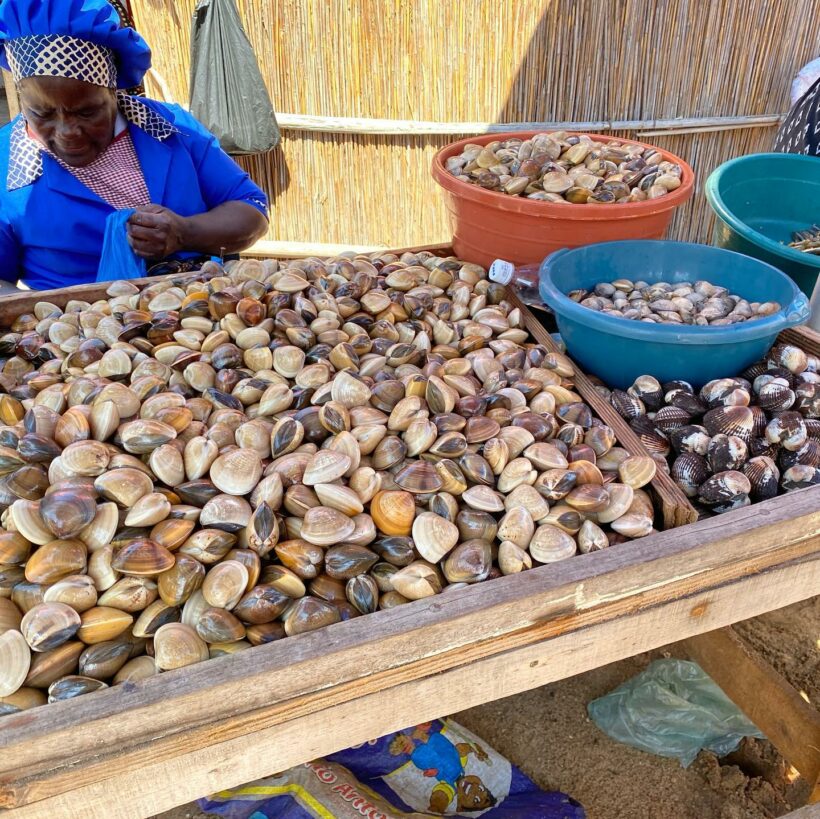Brazil will today propose to the G20 a global alliance against hunger and poverty, coinciding with the South American country’s rotating presidency of the group this year.
The initiative was proposed by Brazilian President Luiz Inácio Lula da Silva when Brazil took over the rotating presidency of the G20 in December last year. It was endorsed on Wednesday by Brazil’s Minister of Development and Social Welfare, Family and the Fight against Hunger, Wellington Dias, during the first virtual technical meeting of the G20 working group.
The meeting discussed the terms of accession for countries interested in joining the Global Partnership. Brazil will be the one to propose the financing of actions against hunger and poverty by the rich G20 countries and big business.
“The Partnership is a practical mechanism to mobilise financial resources and knowledge from where they are most abundant and channel them to where they are most needed. This supports the implementation and scaling up of actions, policies and programmes at the country level,” said Dias.
Studies by international organisations show that funding of around $78 billion per year is needed to achieve the goal of reducing global poverty by 2030, in line with the UN’s Sustainable Development Goals.
The global agreement on food security would be based on the principles of targeting the most vulnerable and effective implementation of national policies.
G20 member countries prioritised healthy food, support for small and medium-sized producers, and technological innovation as factors that can have a positive impact on food production in the very regions that need it, such as Africa.
“A concrete example was given: experiences in Africa where it is possible to multiply food production by four or five times through technology alone,” the minister added.
According to Dias, in addition to financial resources, technical support is needed to achieve the desired results. Brazil will contribute by transferring knowledge, for example, from the Brazilian Agricultural Research Corporation (Embrapa) and the Oswaldo Cruz Foundation (Fiocruz).
“Our Embrapa has experience that applies to countries with climates similar to Brazil’s. We already have some successful actions in regions of South America, Africa, and Central America. Fiocruz will also work with other countries in areas where it has more experience,” he said. Brazil has experience with the federal government’s social programmes, such as Bolsa Familia, and their impact on hunger and poverty.
Dias pointed out that after 2017, hunger returned to Brazil and poverty increased because social programmes were distorted, eliminated, or worsened. And he recalled that when Lula assumed the presidency, he found that 33 million Brazilians were suffering from hunger. “We are working towards a reduction by 2023. We do not yet know the level, but we have had a reduction. Now we are fighting to reactivate these programmes, with even more force, and to get them off the hunger map,” he explained.
A study by the Food and Agriculture Organisation of the United Nations (FAO), published in 2022, points out that there are 735 million people in the world who are hungry, even at the risk of dying, on a planet that produces the food necessary to feed everyone, the Minister denounced. “The goal is to reach 2030 with this figure as close to zero as possible,” he urged.
Dias stressed that multiple crises have led to a resurgence of hunger, food insecurity and poverty around the world. In addition to the COVID-19 pandemic, climate change, the global economic crisis and recent geopolitical conflicts have also contributed.
Four reports by international organisations will be presented during the three-day technical meeting of the G20 working group to establish this global alliance, which ends on Thursday 22nd.
The studies seek solutions and highlight challenges in the fight against poverty and hunger, such as sustainable food production, social protection, increased resilience and more effective international cooperation.






